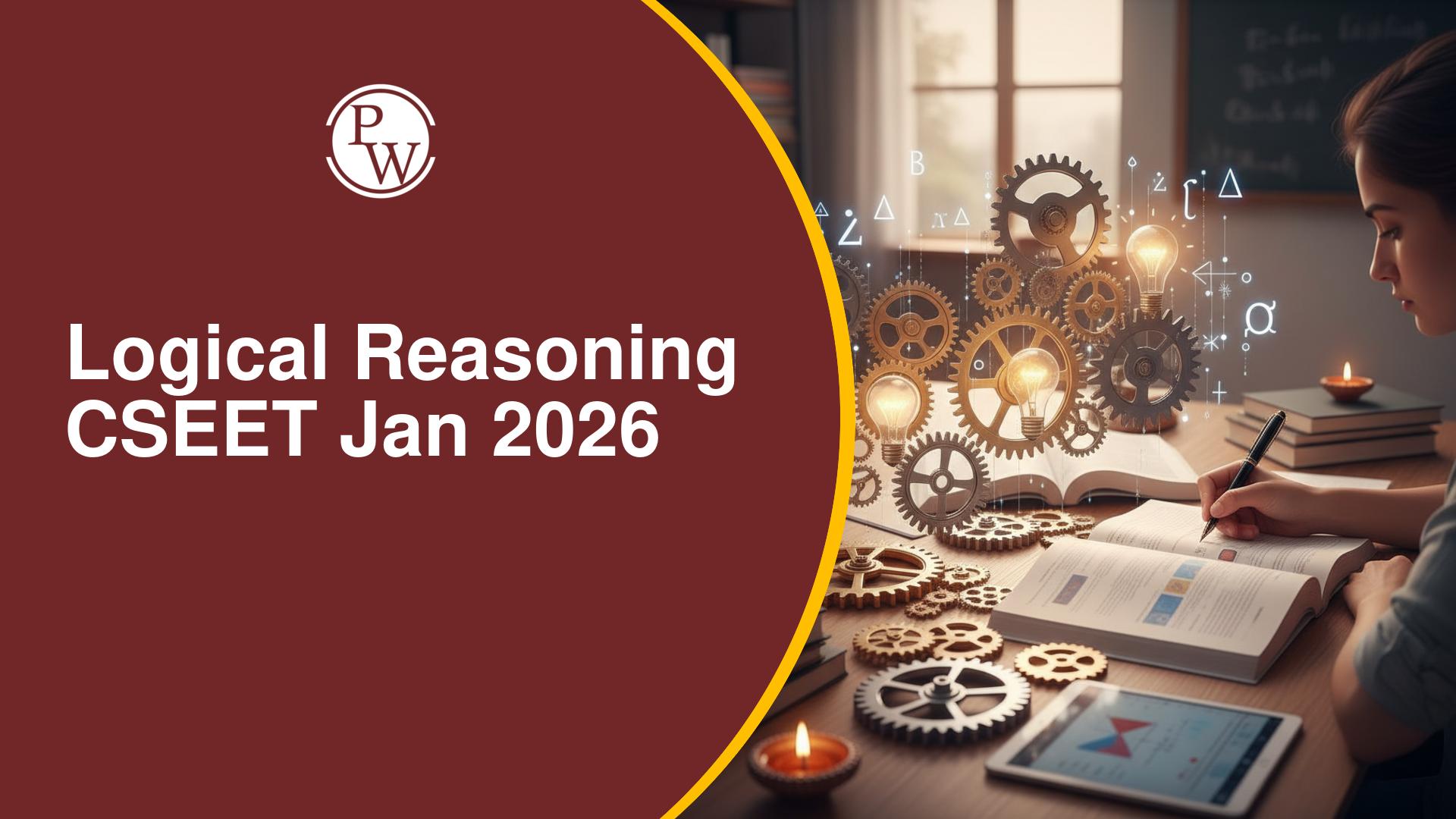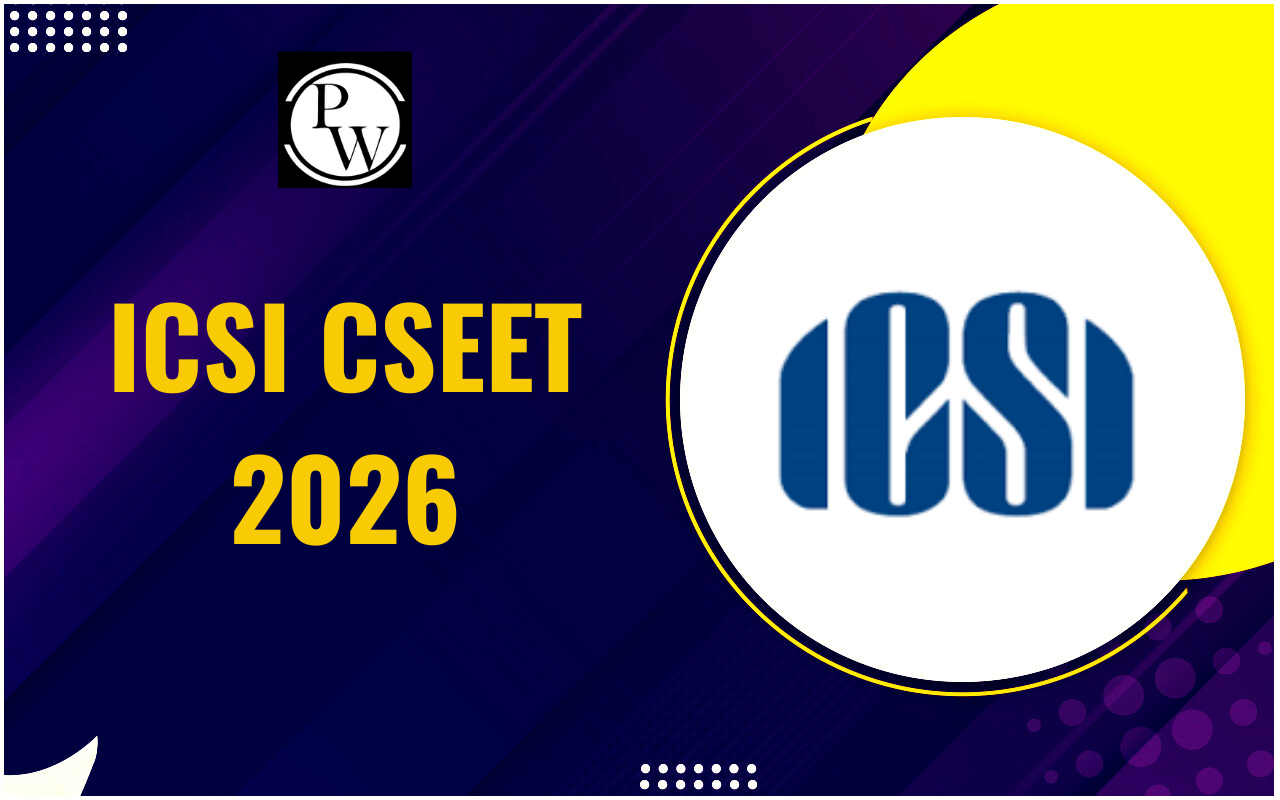
Administrative law forms the backbone of a well-functioning government. It establishes the rules and principles that govern the operation of administrative agencies, ensuring they act fairly, efficiently, and within the bounds of the law. This article delves into some key concepts that underpin this vital legal framework for CS Exam .
Administrative Law
Modern governments are complex entities, relying on a network of agencies to carry out a wide range of functions. These agencies – from environmental protection boards to licensing authorities – wield significant power that can directly impact the lives of citizens. Administrative law ensures this power is exercised:- Accountably: Agencies must answer for their decisions and justify them within the legal framework.
- Fairly: Individuals have recourse if an agency acts arbitrarily or unfairly.
- Efficiently: Administrative procedures are streamlined to avoid unnecessary delays.
- In accordance with the law: Agencies operate within the confines of the constitution, statutes, and established legal principles.
Sources of Administrative Law
Administrative law draws from various sources to create a comprehensive framework:- Constitution: The foundation of all law, the constitution defines the basic structure of government and often contains provisions related to administrative power and its limitations.
- Legislation: Acts of Parliament or state legislatures establish the specific powers and functions of administrative agencies, outlining the procedures they must follow.
- Judicial Review: Courts play a crucial role in interpreting legislation and the constitution. Through judicial review, courts can declare agency actions unlawful if they exceed their authority, act unfairly, or violate fundamental principles.
- Delegated Legislation: Legislatures sometimes delegate their law-making power to agencies through regulations. These regulations must comply with the enabling legislation and adhere to established legal principles.
- Common Law: Precedents set by courts in past cases involving administrative actions contribute to the development of administrative law principles.
Administrative Discretion
Administrative agencies often have discretion – the power to make choices within the boundaries set by law. This allows them to adapt to changing circumstances and tailor their decisions to specific situations. However, this discretion is not unlimited. Agencies must exercise it:- Reasonably: Decisions must be based on relevant factors and not on irrelevant considerations.
- In good faith: Agencies must act for proper purposes and not for any ulterior motive.
- Proportionately: The chosen course of action should be proportionate to the objective being achieved.
Also Check: Company Law, Corporate Governance and Legal Compliance in India
Judicial Control over Administrative Actions
The judiciary plays a critical role in ensuring agencies act lawfully. Judicial review allows courts to examine the legality of administrative decisions. Courts may intervene if they find an agency has acted:- Ultra Vires: Beyond its legal authority.
- Unreasonably: In a way that is irrational or illogical.
- Procedurally Improperly: Without following the required procedures, such as failing to provide a fair hearing.
Principles of Natural Justice
Natural justice embodies fundamental principles of fairness that apply to administrative decision-making. These principles include:- Right to a fair hearing: This includes the right to be notified of the allegations, to present evidence and arguments, and to be heard by an impartial decision-maker.
- Nemo Judex in Causa Sua (No one can be a judge in their own cause): A decision-maker must not be biased or have a personal interest in the outcome.
Exceptions to Natural Justice
There can be exceptions to natural justice principles in certain situations, such as:- National Security: Where disclosure of information could compromise national security.
- Immigration Matters: When quick decisions are necessary to protect borders.
Liability
Administrative law also deals with situations where the government or its agents may be held liable for their actions. Here's a breakdown of some key aspects:- Liability of State or Government in Contract: The government can enter into contracts like any other party. If it breaches a contract, it can be sued for damages.
- Effect of a Valid Contract with Government: A valid contract with the government is binding on both parties. The government cannot unilaterally change the terms of the contract.
- Quasi-Contractual Liability: In certain situations, the government may be held liable even in the absence of a formal contract. This can occur when it would be unjust for the government to retain a benefit received from someone.
- Suit against State in Torts: Generally, the government enjoys sovereign immunity and cannot be sued for its torts (civil wrongs) unless it has waived this immunity through legislation.
Liability of the Public Servant
Public servants can be held liable under various legal doctrines depending on the nature of their misconduct:- Disciplinary Action: Public servants are subject to disciplinary action by their employer, the government, for misconduct or poor performance. This may range from warnings to dismissal.
- Civil Liability: If a public servant acts negligently or intentionally causes harm to an individual, they may be held personally liable for damages.
- Criminal Liability: Public servants who commit criminal offenses, such as bribery or corruption, can be prosecuted like any other citizen.
Distinction Between Sovereign and Non-Sovereign Functions
In some jurisdictions, a distinction is made between sovereign and non-sovereign functions of the government. Sovereign functions are core governmental activities, such as defense and national security. Traditionally, there is limited liability for the government's actions in these areas. However, the government can be held liable for its actions in carrying out non-sovereign functions, such as running public utilities or providing social services. Administrative law serves as the cornerstone of a fair and accountable administrative system. It ensures that government agencies operate within the confines of the law, respecting individual rights while efficiently carrying out their essential functions. Understanding the key concepts like administrative discretion, judicial control, natural justice, and liability empowers individuals to seek redress when wronged by administrative actions. This article has provided a foundational understanding of these key concepts. However, administrative law is a complex and ever-evolving field with specific nuances depending on the jurisdiction.Administrative Law FAQ
What is administrative law, and why is it important?
Administrative law governs how administrative agencies operate, ensuring fairness, legality, and efficiency in government actions that affect citizens' lives.
What are the sources of administrative law?
Sources include the constitution, legislation, judicial review, delegated legislation, and common law precedents.
How does judicial review work in administrative law?
Judicial review allows courts to examine administrative decisions for legality, including actions beyond authority, irrationality, or procedural errors.
🔥 Trending Blogs
Talk to a counsellorHave doubts? Our support team will be happy to assist you!

Free Learning Resources
PW Books
Notes (Class 10-12)
PW Study Materials
Notes (Class 6-9)
Ncert Solutions
Govt Exams
Class 6th to 12th Online Courses
Govt Job Exams Courses
UPSC Coaching
Defence Exam Coaching
Gate Exam Coaching
Other Exams
Know about Physics Wallah
Physics Wallah is an Indian edtech platform that provides accessible & comprehensive learning experiences to students from Class 6th to postgraduate level. We also provide extensive NCERT solutions, sample paper, NEET, JEE Mains, BITSAT previous year papers & more such resources to students. Physics Wallah also caters to over 3.5 million registered students and over 78 lakh+ Youtube subscribers with 4.8 rating on its app.
We Stand Out because
We provide students with intensive courses with India’s qualified & experienced faculties & mentors. PW strives to make the learning experience comprehensive and accessible for students of all sections of society. We believe in empowering every single student who couldn't dream of a good career in engineering and medical field earlier.
Our Key Focus Areas
Physics Wallah's main focus is to make the learning experience as economical as possible for all students. With our affordable courses like Lakshya, Udaan and Arjuna and many others, we have been able to provide a platform for lakhs of aspirants. From providing Chemistry, Maths, Physics formula to giving e-books of eminent authors like RD Sharma, RS Aggarwal and Lakhmir Singh, PW focuses on every single student's need for preparation.
What Makes Us Different
Physics Wallah strives to develop a comprehensive pedagogical structure for students, where they get a state-of-the-art learning experience with study material and resources. Apart from catering students preparing for JEE Mains and NEET, PW also provides study material for each state board like Uttar Pradesh, Bihar, and others
Copyright © 2026 Physicswallah Limited All rights reserved.









